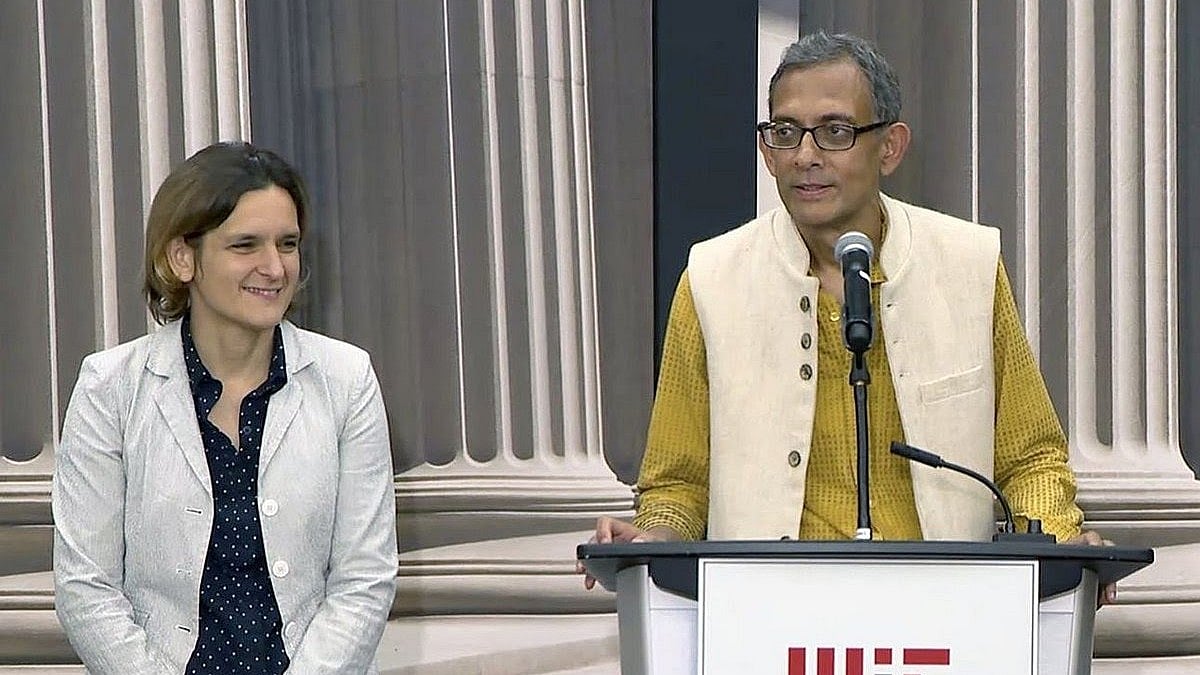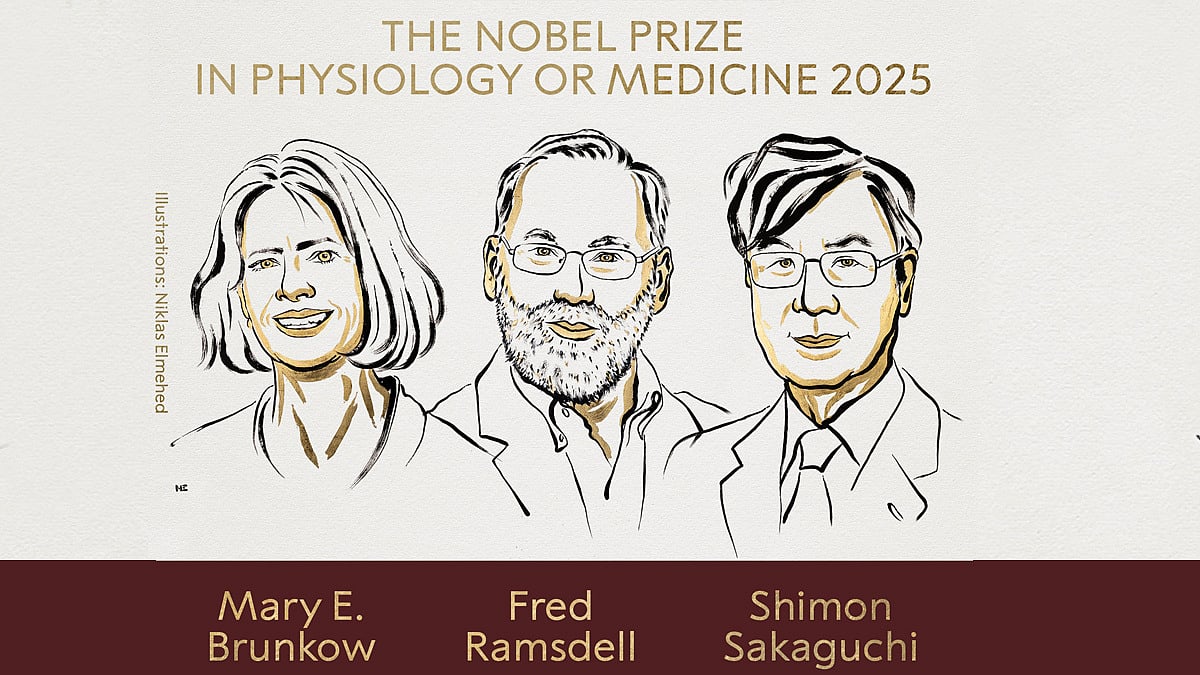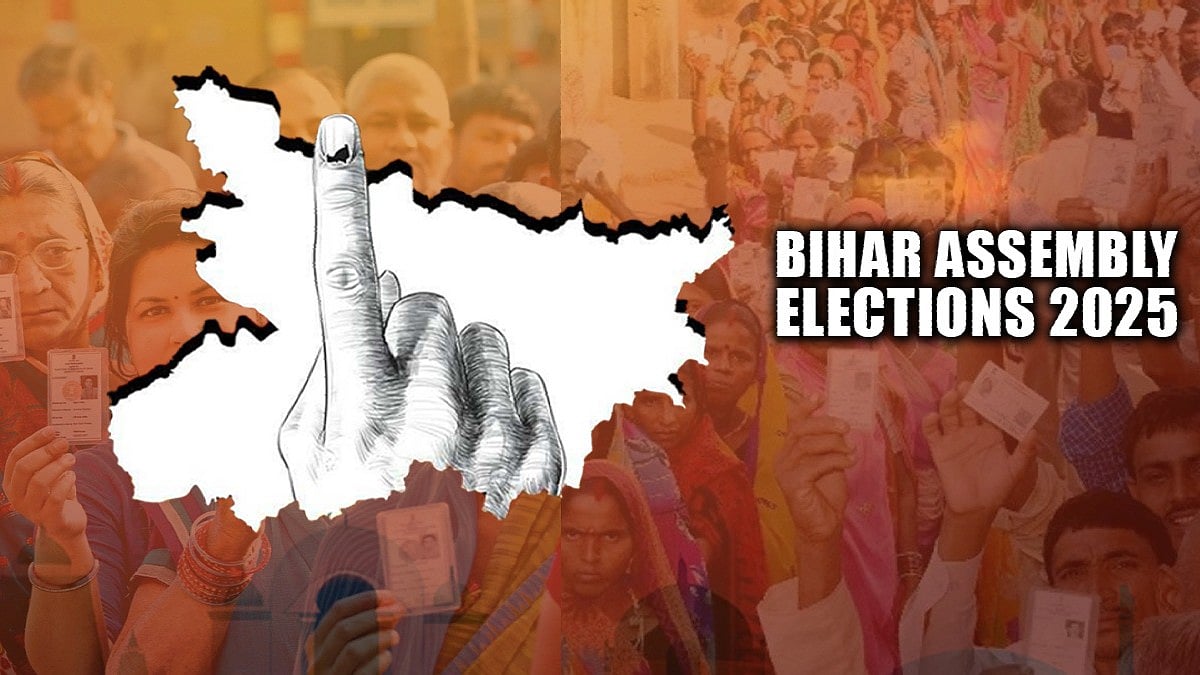Justice Indu Malhotra’s glorious tenure at the Supreme Court of India comes to an end on March 13, 2021. She became the first woman to be directly appointed to the Supreme Court from the Bar on April 27, 2018. Justice Malhotra is the seventh woman (after Justice Fathima Beevi, Justice Ruma Pal, Justice Sujatha Manohar, Justice Gyan Sudha Misra, Justice Ranjana Desai, Justice R. Banumathi) to be a judge of the Supreme Court, and the second woman to be designated as a Senior Advocate at the Supreme Court after three decades.
With Justice Malhotra’s retirement tomorrow, following Justice R Bhanumathi’s on July 19, 2020, the Supreme Court will have only one woman judge, Justice Indira Banerjee. While delivering the farewell speech today organised by the Supreme Court Bar Association, President of the SCBA, Senior Advocate Vikas Singh said,
“I will beseech the government to elevate another lady to the Bench to fill the void that has been created by Justice Malhotra’s retirement”.
Justice Malhotra’s career trajectory:
Justice Malhotra enrolled as an Advocate on January 12, 1983 with Bar Council of Delhi and she qualified the Advocate-on-Record Examination in 1988. Notably, she was awarded the Mukesh Goswami Memorial Prize for having topped the examination.
She was also Appointed as a member of the High Level Committee constituted by the Ministry of Law and Justice, Government of India in 2017 to review the working of Arbitration institutions in India, and to make recommendations for institutionalization of arbitration, and suggest legislative amendments to the Arbitration and Conciliation Act, 1966.
Notable Judgments
[Constitutionality of Section 377, IPC]
Navtej Singh Johar Vs. Union of India
This landmark judgment of the Supreme Court, delivered on September 6, 2018 decriminalised Section 377 of the Indian Penal Code. This notable decision overturned the 2013 ruling in Suresh Kumar Koushal v. Naz Foundation in which the court had upheld the law.
Justice Malhotra specifically apoligised to the LGTBQ community in written words for the delay in this decriminalisation.
She noted, 'History owes an apology to the members of this community and their families, for the delay in providing redressal for the ignominy and ostracism that they have suffered through the centuries. The members of this community were compelled to live a life full of fear of reprisal and persecution.'
[Decriminalisation of Adultery]
Josephine Shine Vs. Union of India
On September 27, 2018, a five-judge bench of the Supreme Court unanimously struck down Section 497 of the Indian Penal Code, leading to decriminalisation of adultery. Justice Indu Malhotra penned a separate concurring opinion and held that while adultery is morally a wrong civil offence, it does not negatively impact society to the extent that it needs to remain a criminal offence. In this context, she stated that section 497 must be struck down in its entirety and Secrion 198(2) of the Criminal procedure code to the extent of it’s applicability to cases of adultery is unconstitutional. She noted,
“times when wives were invisible to the law and subordinate to their husbands had long passed.”
She emphasised that laws cannot deny women equal societal status.

Sabarimala Temple | PTI Photo
[Sabarimala Temple Entry]
Indian Lawyers Association Vs. State of Kerala
On September 28, 2018, the Supreme Court, vide a 4:1 majority held that the Sabarimala Temple’s custom of prohibiting women in their menstruating years from entering the premises was unconstitutional. The majority verdict struck down Rule 3 (b) of the Kerala Hindu Places of Public Worship (Authorisation of Entry) Rules, 1965.
Justice Malhotra was the lone dissenting judge in the case, holding that religious sentiments should not be interfered with by Courts, unless there is truly an aggrieved party pleading attention to the same. While stating the the practices around the deity, Swami Ayyappa were protected under Article 25 of the Constitution, she noted,
“What constitutes essential religious practice is for the religious community to decide, not for the court”
Notably, Justice Indu Malhotra also questioned the locus standi of the Writ Petition, adding that the petitioners were not even worshippers of the Sabarimala temple.
[Framing Of Criminal Charges & Electoral Disqualification]
Public Interest Foundation Vs. Union of India
On September 25th, 2018, a five-judge bench of the Supreme Court held that that the Court lacked the power to disqualify candidates from contesting elections on mere framing of criminal charges against them. The Writ Petition had been filed seeking disqualification of candidates against whom criminal charges had been framed in terms of Representation of People’s Act, 1951 (RP Act), additionally seeking that candidates who file false affidavits under Section 33A of the RP Act to be disqualified. In this light, the Court recommended the parliament to formulate laws in order to combat criminalisation in politics.
[Reservation in Promotions]
Jarnail Singh & Ors. Vs. Lacchmi Narain Gupta & Ors.
On September 26, 2018, a five judge bench of which Justice Indu Malhotra was a part of ruled that M. Nagaraj & Ors. Vs. Union of India, judgment need not be referred to a seven-judge Bench. However, it struck down the conclusion that the State may collect quantifiable data to show the backwardness criterion. The Court also introduced the principle of creamy layer exclusion, ruling that the State cannot grant reservations in promotion to SC/ST individuals belonging to the creamy layer.
- Sanya Talwar is the Editor of Lawbeat










